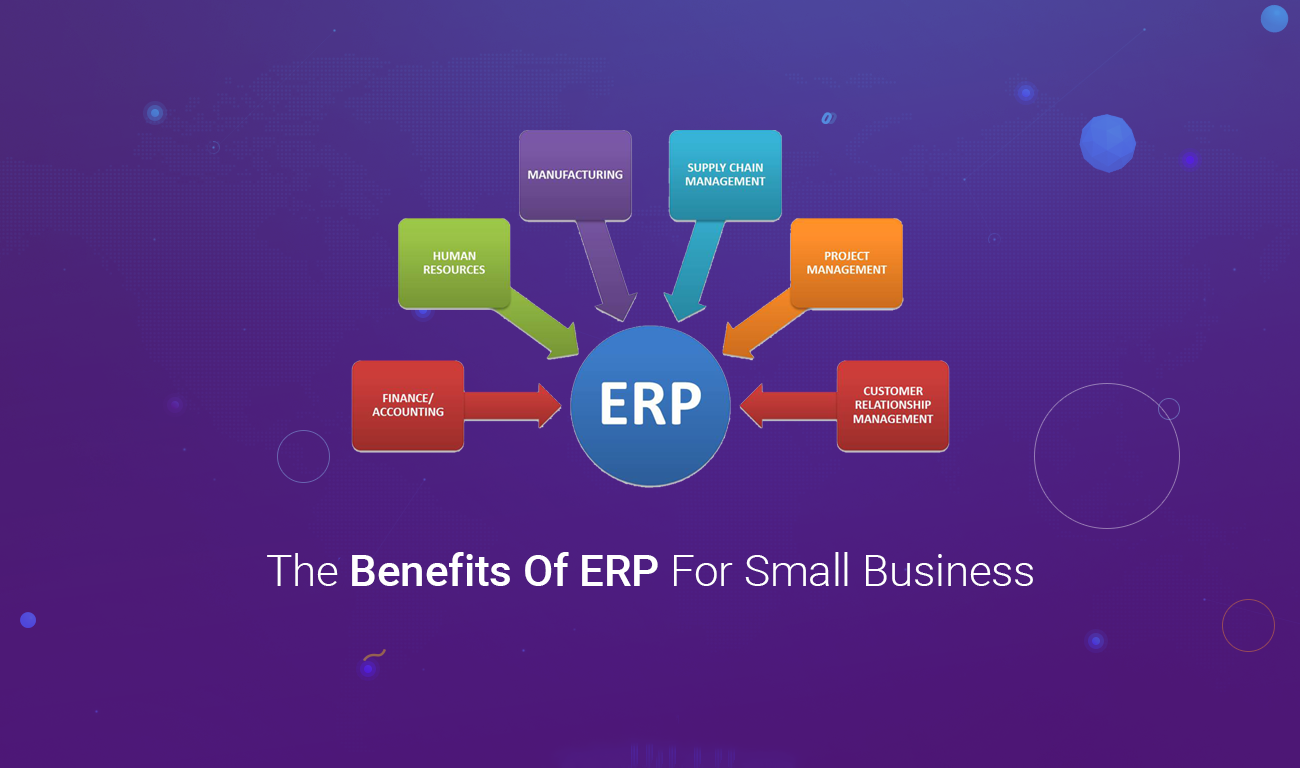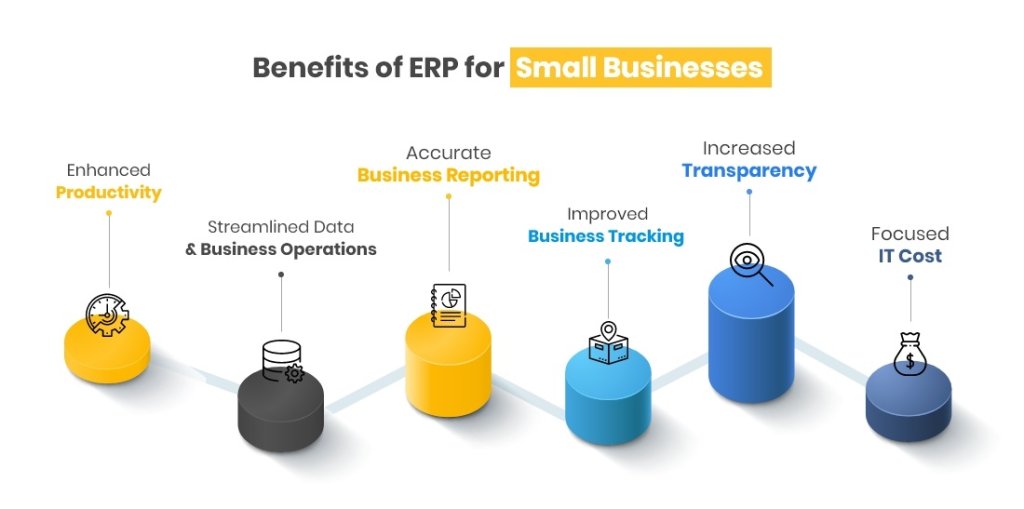Erp implementing crucial
Running a small business is no cakewalk. It requires diligent management, efficient operations, and streamlined processes. One solution that has proven to be immensely beneficial for small businesses is the implementation of Enterprise Resource Planning (ERP) software.
The Benefits of ERP For Small Business

Implementing an ERP software can bring about significant growth and transformations in small businesses. Here are some of the key benefits:
1. Improved Efficiency and Productivity

With ERP software, small businesses can automate and streamline various organizational processes. This leads to improved efficiency and productivity as redundant tasks are eliminated, and employees can focus on more strategic initiatives. This increased efficiency translates into faster turnaround times and enhanced customer satisfaction.
2. Real-Time Data Insights
ERP systems provide real-time data insights, allowing small businesses to make informed decisions promptly. With up-to-date information on inventory levels, sales, and customer preferences, businesses can optimize their operations, reduce costs, and identify new growth opportunities. Real-time data also enables accurate forecasting and effective resource allocation.
3. Enhanced Collaboration and Communication
ERP software facilitates seamless collaboration and communication within small businesses. All departments and teams can access and share data in a centralized system, eliminating the need for manual data transfers and reducing the chances of errors or miscommunication. This fosters transparency, promotes teamwork, and ensures everyone is on the same page.
4. Cost Savings
Implementing an ERP system can lead to significant cost savings for small businesses. By automating processes, reducing errors, and improving efficiency, businesses can minimize operational costs. Additionally, ERP systems provide insights into supply chain management, helping businesses optimize inventory levels, negotiate better contracts with suppliers, and minimize unnecessary expenses.
5. Scalability and Growth
ERP software is designed to accommodate the evolving needs of small businesses. As your business grows, the ERP system can seamlessly scale with it. Whether it's adding new users, expanding operations, or integrating additional modules, an ERP system provides the flexibility to support your business's growth journey.
6. Enhanced Customer Experience
With ERP software, small businesses can deliver an exceptional customer experience. Access to real-time data enables businesses to respond quickly to customer queries, provide accurate order tracking, and offer personalized recommendations. This level of service not only enhances customer satisfaction but also leads to increased customer loyalty and positive word-of-mouth referrals.
In conclusion, implementing an ERP system can offer several advantages to small businesses. From improved efficiency and productivity to real-time data insights, enhanced collaboration, and cost savings, ERP software enables businesses to thrive and grow. It's a powerful tool that empowers small businesses in today's highly competitive market.